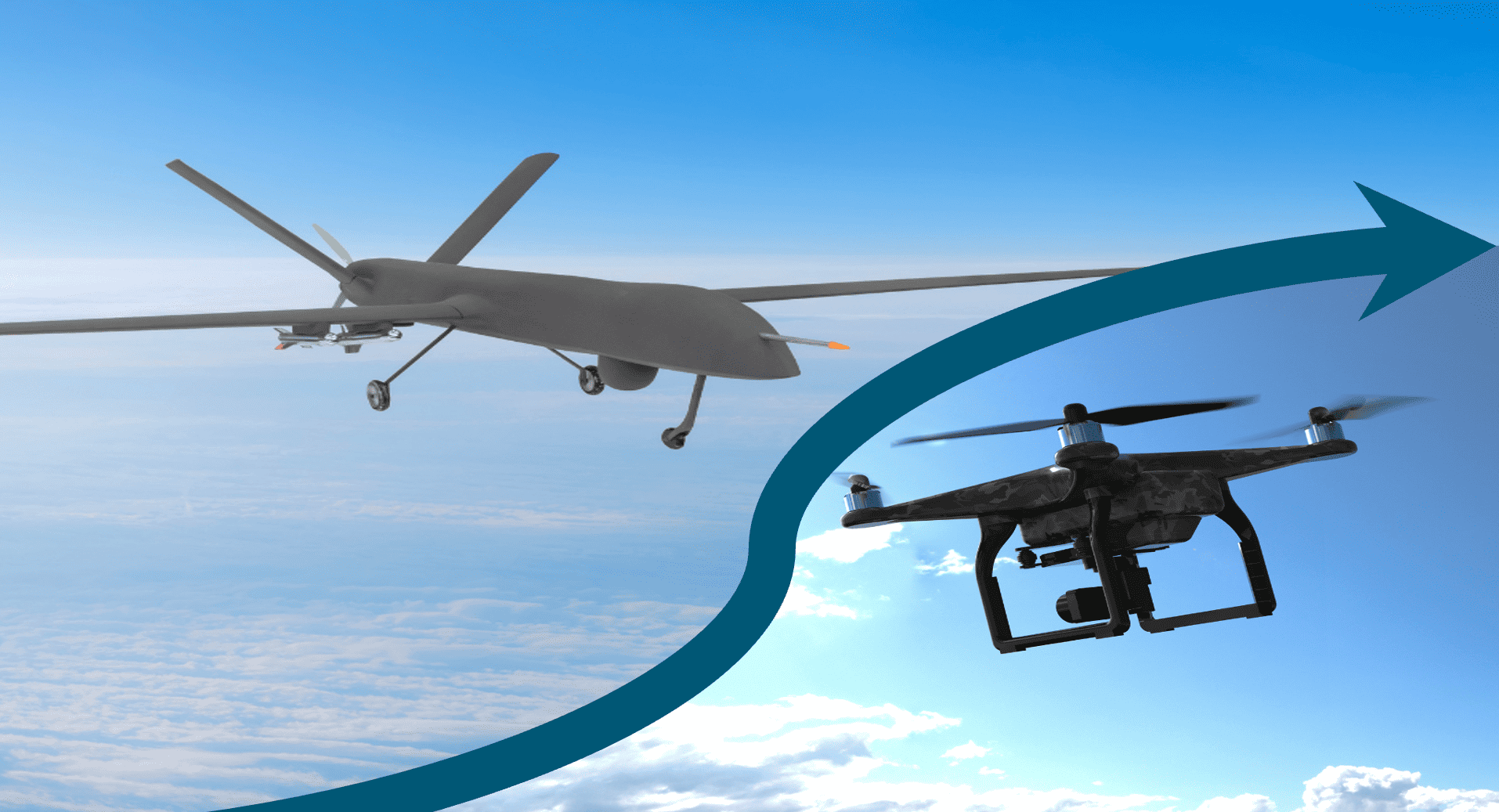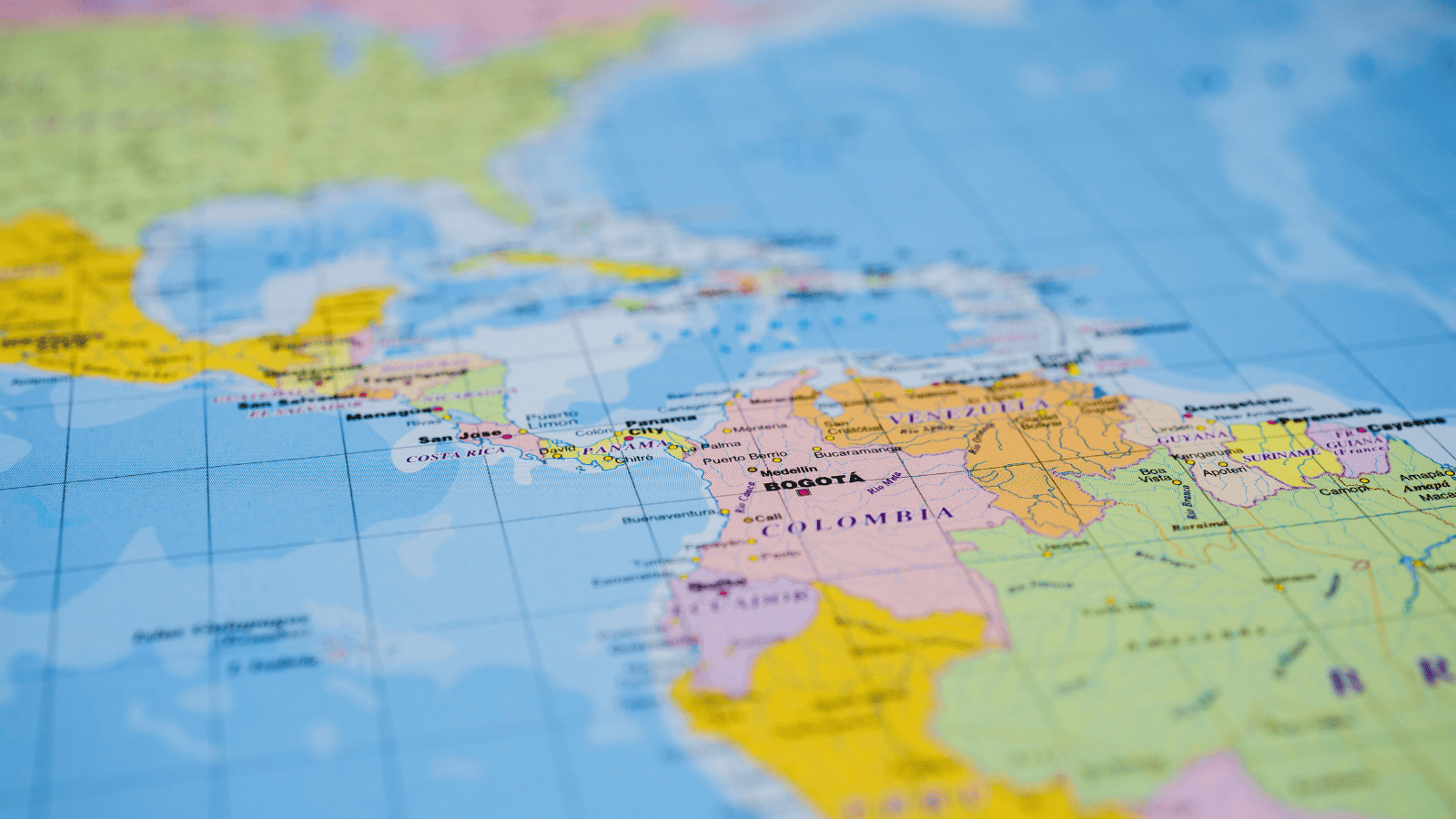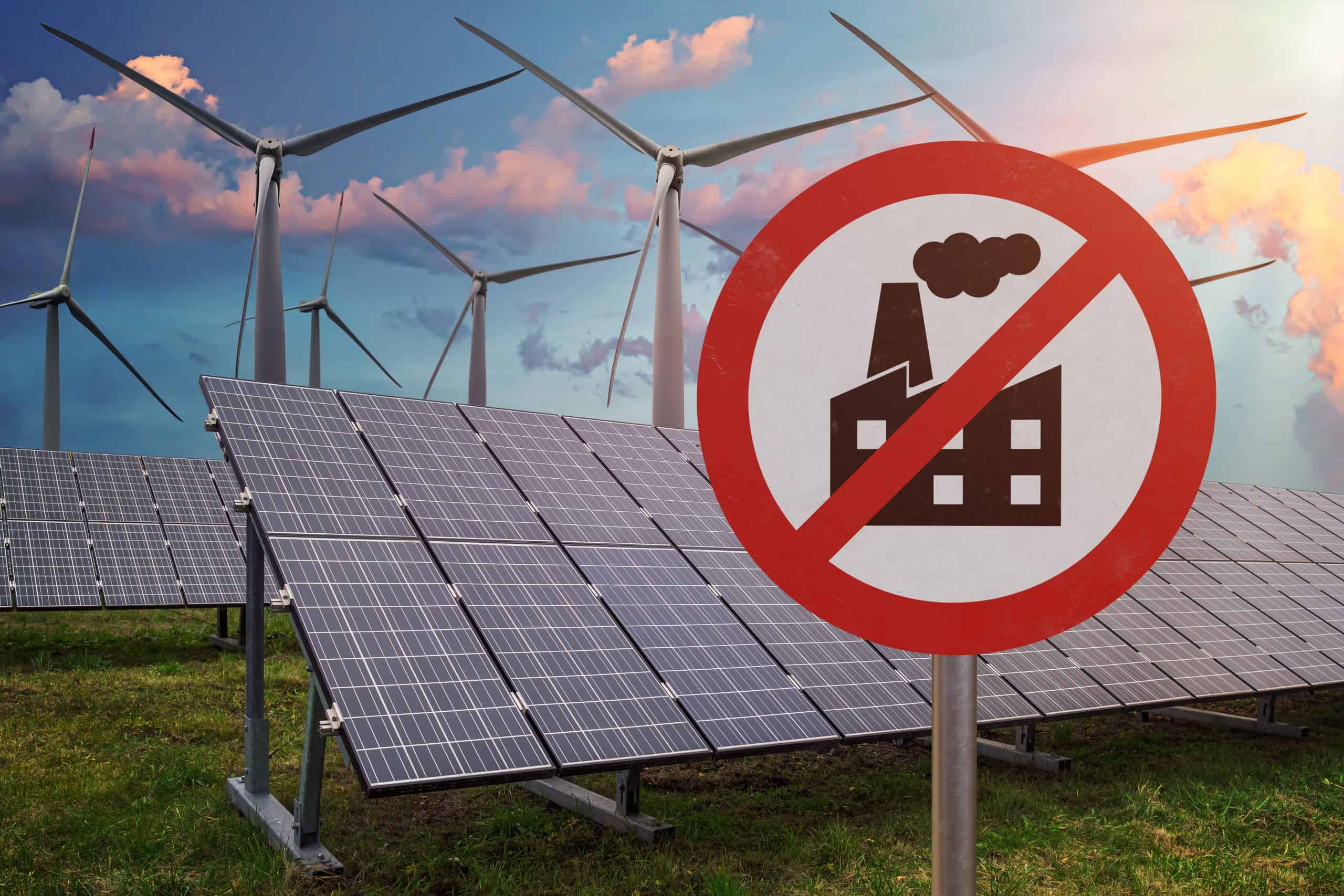
The EU’s leadership in shaping the drone sector
Drones represent a significant technological breakthrough that brings both exciting opportunities and

European ports are facing a rise in drug seizures. This is particularly evident in Antwerp, Hamburg, Rotterdam, and Valencia. Illicit drugs are often hidden in shipments that are intended for legal trade. Many of these shipments come from Latin America and the Caribbean (LAC). To reduce the impact of drug trafficking on both sides of the Atlantic, more cooperation is needed. This includes cooperation between regions and within Europe.
In 2016, 76 tons of cocaine were seized in Europe. By 2020, this number had increased to a record 223 tons. This data comes from the European Monitoring Centre for Drugs and Drug Addiction.
About 95% of drug trafficking happens by sea. Organised crime groups take advantage of legal trade routes to move illegal drugs. A significant portion of LAC’s exports to the EU are agri-food products. These products are often shipped by sea. Cocaine is frequently found in these legal exports. This damages the reputation of both the exporting countries and their legal traders. It also increases the cost of trade. Producing countries must spend more on security to protect their supply chains.
The vast profits from drug trafficking fuel other forms of crime. This includes transnational crime, terrorism, arms smuggling, and human trafficking. Criminal networks use increasingly creative methods to transport drugs. They target markets in the US and EU. This undermines security in European ports and port cities. To address this, a transnational approach is necessary.
Drug trafficking is a cross-border crime. It requires international cooperation. An isolated approach by individual EU countries won’t work. Focusing only on EU port security is not enough. Drugs should not reach EU ports at all. The EU Roadmap to combat drug trafficking, the European Ports Alliance, and EU-LAC cooperation are all vital in the fight against drug smuggling.
The European Ports Alliance was launched in January 2024. This initiative highlights the vulnerability of European ports. These ports are the main entry points for EU trade. Public and private entities within the Alliance are working together. Their goal is to combat drug trafficking and increase law enforcement at ports. They are also building partnerships to raise awareness. The aim is to support port authorities and shipping companies in fighting criminal activities.
In October 2022, Belgium, Germany, France, Italy, Spain, and the Netherlands formed a coalition. This coalition focuses on combating serious and organised crime. The goal is to disrupt drug trafficking via ports. The coalition also aims to expand cooperation with LAC to dismantle criminal networks. In February 2024, the Declaration of La Paz was signed by the EU and CELAC. This agreement strengthens cooperation on security and aims to combat drug production and trafficking.
The European focus on secure ports shows the importance of this issue. Illegal drugs threaten public health, safety, and commercial interests in both LAC and the EU. Drug smuggling is a global problem. It involves people from many regions. To address the economic, social, and security impacts of drug smuggling, a transnational strategy is needed.
However, given the volume of legal trade, focusing only on port security won’t be enough. Enhanced cooperation within the EU, and between the EU and LAC, is crucial. Both public and private sectors must work together. Only then can we ensure trans-Atlantic security and prevent future threats.


Drones represent a significant technological breakthrough that brings both exciting opportunities and

The European Union (EU) needs to strengthen its ties with Latin America

Industrial policy is back in action Is the Netherlands still an attractive